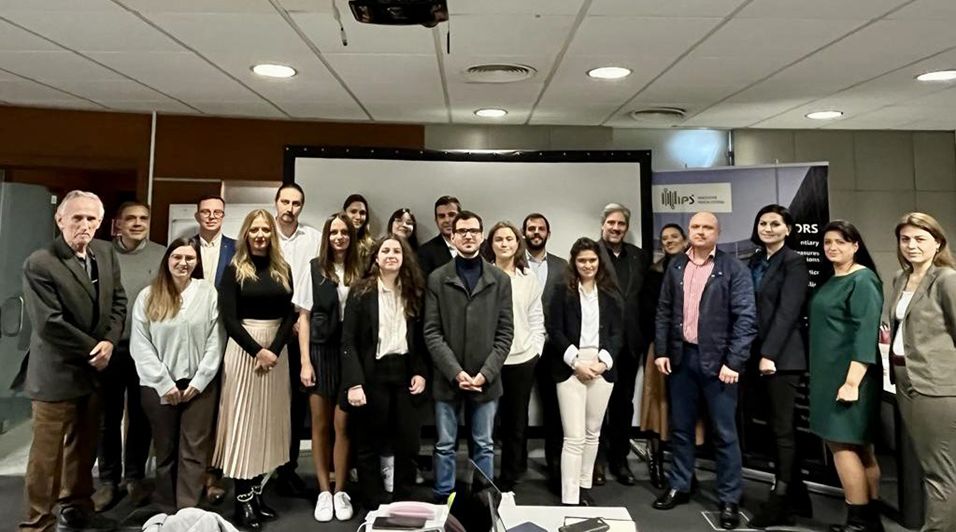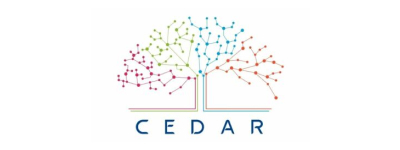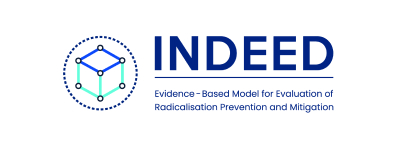A new transnational European partnership emphasises the need for an integrative approach to preventing refugees’ and asylum-seekers’ vulnerability to radicalisation.
With refugee crises pressingly affecting Europe since 2015, and with the additional challenges posed by the conflict in Ukraine, several demands are being stressed across various European regions. First, the assistance refugees receive must go beyond fulfilling short-term immediate needs. Then, considering the potential risk factors derived from their experience, it is essential to make efforts to prevent them from becoming radicalised.
The concern with radicalisation prevention is especially pertinent among this population once an inadequate integration may result in resentment and grievances against the host societies and countries.
Indeed, the Radicalisation Awareness Network maintains that the risk factors related to the processes of radicalisation affect refugees due to their particular needs, and the expectations and difficulties encountered while traveling to and in Europe.
However, these risks and vulnerabilities can be diminished by implementing inclusive policies and involving different stakeholders.
In this sense, the IN2PREV project aims to facilitate the integration process of refugees and asylum seekers by increasing awareness of the specific needs and challenges this population often faces after resettlement.
This will be achieved by promoting a collaboration network for law enforcement agencies (LEAs and community organisations. This network will serve as a discussion hub and repository for follow-up and inclusion strategies addressing difficulties encountered during the integration process.
The project will also develop an assessment tool to evaluate refugees’ vulnerability to radicalisation and a mentoring programme aimed at improving inclusion efforts. B-Learning courses will be used to train and capacitate practitioners on these two fronts.

The technical framework for the IN2PREV Frontline Practitioners Network is already in the early stages of construction. The project is now developing a comprehensive database of non-governmental organisations (NGOs), law enforcement agencies (LEAs), representatives of refugees, and researchers to support the network set-up.
The Consortium is also mapping current procedures for assessing the vulnerability of refugees to radicalisation across all countries involved in IN2PREV. This knowledge will inform the development of a survey, which will be disseminated to gather further insight into the issue. The survey will play an important role in increasing the knowledge pool of effective prevention and intervention strategies to prevent radicalisation, and about the current needs of practitioners working in the field.
Know more about this project

IN2PREV
Law enforcement and community cooperation and training approach to prevent radicalisation by ensuring refugees’ successful inclusion
The IN2PREV project Consortium is coordinated by BSAFE LAB – University of Beira Interior (Portugal) and also includes the Polish Platform for Homeland Security (Poland), the Euro-Arab Foundation for Higher Studies (Spain), IPS_Innovative Prison Systems (Portugal), the European Association for Social Innovation (Romania), the Academy of Police Force in Bratislava (Slovakia), the Center for Security Studies (Bosnia and Herzegovina), the General Police Inspectorate of the Ministry of Internal Affairs (Moldova), and the Bureau of Migration and Asylum (Moldova).
For more information on the IN2PREV project, please visit its page.
Related projects

CEDAR
Continuing Education Against Radicalisation

COOPERHATE
Delivering a comprehensive approach to preventing, reporting, investigating and prosecuting hate crime and hate speech-related incidents in Portugal

DIGIDEM
Fostering Digital Democracy and Citizenship in Higher Education

EUTEx
Developing a European framework for disengagement and reintegration of extremist offenders and radicalised individuals in prison

FUTURE-ART
Sentinels of the Future: Together to Eradicate Human Trafficking

HOPE
Holistic Radicalisation Prevention Initiative (Balkan countries)

INDEED
Strengthening a comprehensive approach to preventing and counteracting radicalisation based on a universal evidence-based model for evaluation of radicalisation prevention and mitigation

INTEGRA
Integrated Community, Probation and Prison Services Radicalisation Prevention Approach

KOBAN
Identifying future capabilities for Community Policing

MIRAD
Multi-Ideological Radicalisation Assessment towards Disengagement
Related news

IN2PREV Final Conference highlights cross-sector collaboration for refugee inclusion and radicalisation prevention
Read More »
Standing united against hate: A national effort to prevent and tackle hate crime and hate speech in Portugal
Read More »
Older women in prison: Exploring intersectional vulnerabilities and sharing insights with the scientific community
Read More »
New IPS-led initiative unites efforts to protect religious communities, schools, and places of worship
Read More »




